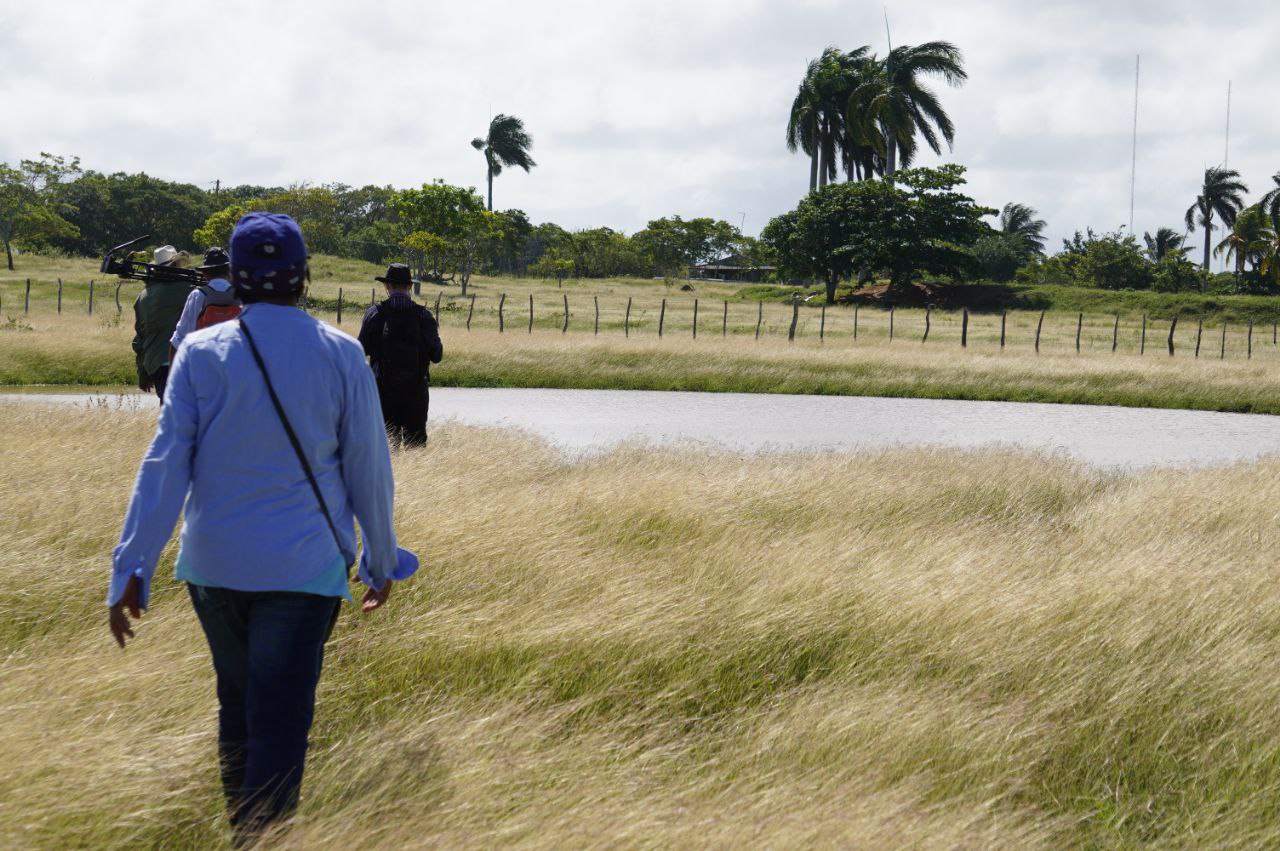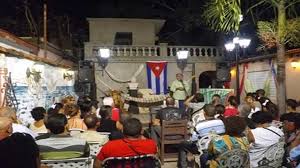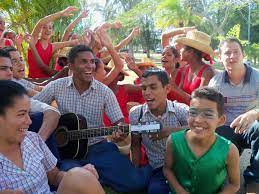The strengthening of the working links between the Máximo Gómez Báez University (Unica) and the Centre for Environmental Engineering and Biodiversity (Ciba), institutions belonging to the province of Ciego de Ávila, allows increasing scientific production aimed at disaster risk reduction (DRR) and adaptation to climate change (ACC) in priority sectors of the economy.
Javier González, Deputy Director of Research at Ciba, highlighted the completion of seven theses on these topics, presented by students of the Municipal University Centre (CUM) of Ciro Redondo as exercises for the culmination of studies corresponding to the Higher Level and evaluated with the highest qualification for the quality and novelty of the contents, as well as the contributions to sustainable development in an essential economic sphere such as Agriculture.
These are studies of hazards, vulnerabilities and risks (PVR) that characterise the behaviour of phenomena such as heavy rains and strong winds in the coastal town of Punta Alegre, in the municipality of Chambas; and drought in the mountain municipality of Florencia.
The Ciba director, who is also a professor at the CUM of Ciro Redondo, explained that the PVR studies focus on the probable effects on crops, animals and infrastructure, which implied a challenge for the students, as they are the first PVR studies to be carried out as an undergraduate thesis.
Based on these studies, they propose actions that favour adaptation to adverse weather conditions, which allows incorporating the risk perspective into the development plans of a representative sector in the locality, in addition to being strategic for the country’s economy, due to the urgent need to advance in the implementation of the Food Sovereignty and Nutrition Education Plan.
Two other research projects responded to the interests of the project Rehabilitation of coastal dunes in the Jardines del Rey archipelago: an alternative for disaster risk reduction and adaptation to climate change, with research on the viability of seeds and integrated technology for the propagation of Canavalia rosea (commonly known as coastal mate), a plant native to the aforementioned mounds and with an important role in DRR and CCA processes in coastal environments.
Ciba reiterated its willingness to continue strengthening cooperation ties with the University of Avila and other universities in the country, with the aim of establishing new lines of work and increasing scientific and technical production aimed at promoting socio-economic progress in a sustainable manner.




